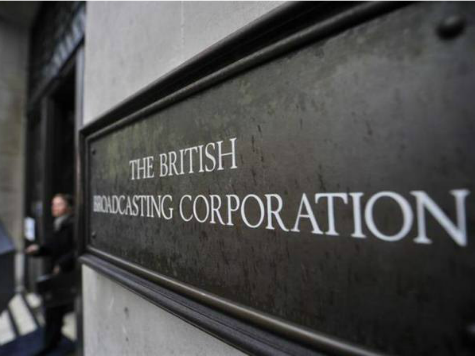The BBC has spent over half a million pounds of tax payers’ money asking 33,000 people 5,000 miles away from Britain what they think of climate change.
The Mail on Sunday reports that the survey by BBC Media Action, which cost £519,000, is designed to persuade the world to adopt stricter policies on global warming.
It is funded by the Foreign Office and the Department for International Development, and involved asking villagers in India, Vietnam, China, Pakistan, Nepal and Indonesia how climate change is “affecting their lives already”.
The respondents reported less predictable rainfall, smaller harvests, dustier soil and droughts, although the survey does not state whether these observations are backed up by hard data, nor whether they are actually caused by climate change.
It concludes with advice that appears to be aimed at climate activists: “Do not talk about scientific or technical abstractions. Talk about the problems they face in their daily lives… Speak in language that makes sense to people in terms of how they experience climate change.”
John Whittingdate, chairman of the Commons Media and Culture Select Committee, told the Mail he was “astonished” to see that BBC taking part in such a survey.
“The BBC brand carries with it a huge reputation for impartiality and objectivity. Even though this is not a mainstream, licence-fee-funded activity, for the BBC to attach its label to something which is so politically controversial is unwise.
“The BBC has already been attacked for paying too little attention to climate change sceptics, and this bears those criticisms out.”
Professor Richard Tol of Sussex University, a leading authority on climate change, said the BBC “would have been better advised to invest this money in proper research,” adding that the survey seems to be contradicted by more reliable sources.
He added: “Objective data do not corroborate the survey’s reported impacts on health, droughts, predictability of rainfall, and crop yields. Attribution of any of these effects to climate change is by and large beyond the current level of scientific knowledge.”
He also said that the survey was academically useless: “Interviewing 30,000 people across six countries is expensive, and cannot tell us much – previous research has shown people’s recollection of past weather and climate is very unreliable, and people’s attribution of observations to causes is worse.”
The survey comes as BBC ruled that a Radio 4 debate on climate change involving former Chancellor Nigel Lawson should have been censored because he does not share the consensus view on climate change.
Fraser Steel, head of the corporation’s complaints unit, said the debate should never have been broadcast, in a move that could have huge implications for climate change sceptics.
The decisions has been condemned by MPs across the political divide, with Conservative Peter Lilley, who sits on the Energy and Climate Change Select Committee, saying it shows the BBC is “afraid of letting a single critic point out that the climate change emperor has no clothes”.
Labour MP Graham Stringer added: “This is a form of censorship.”

COMMENTS
Please let us know if you're having issues with commenting.